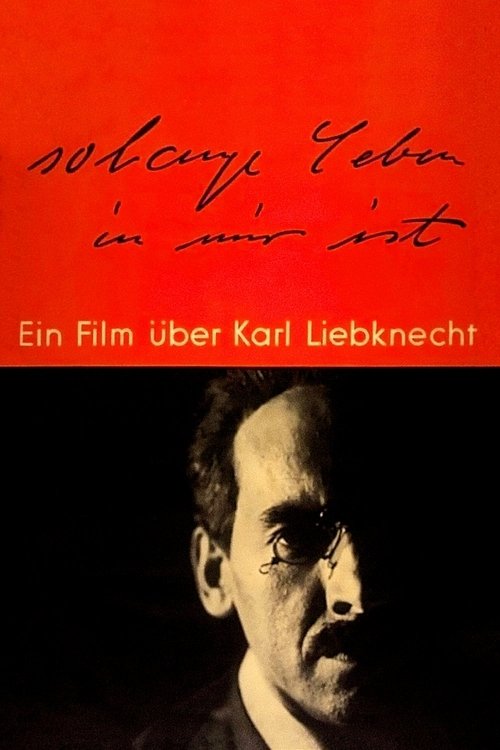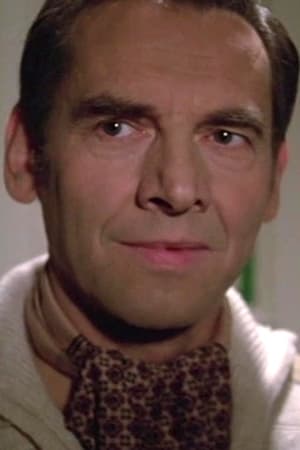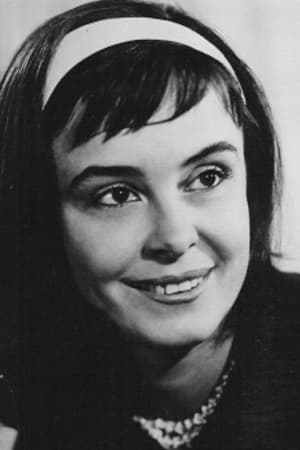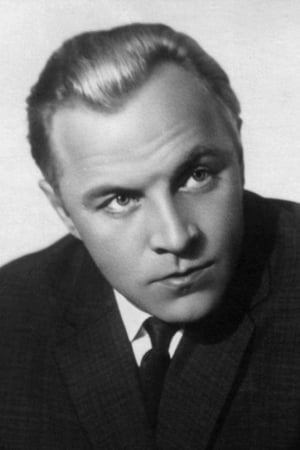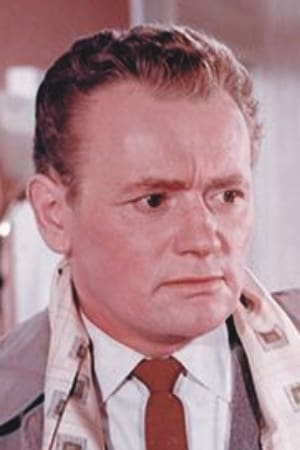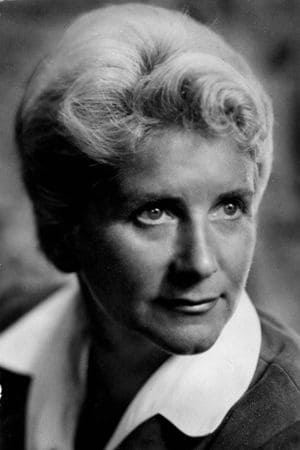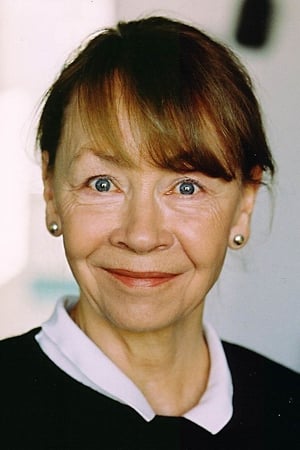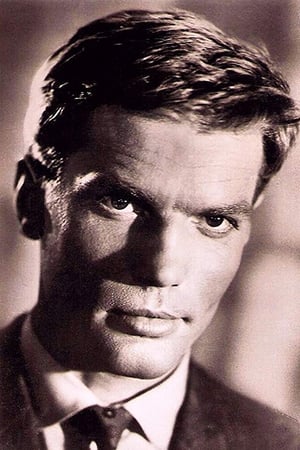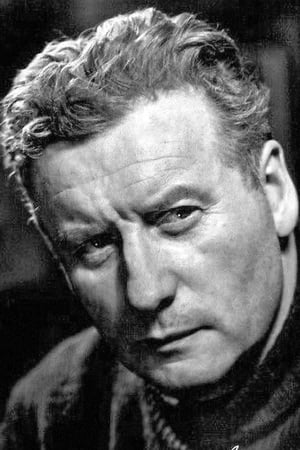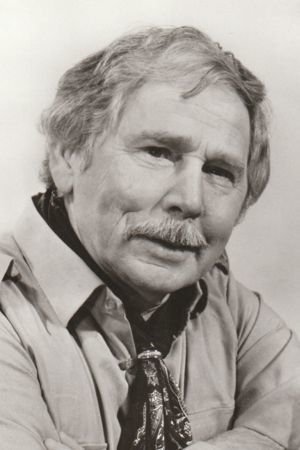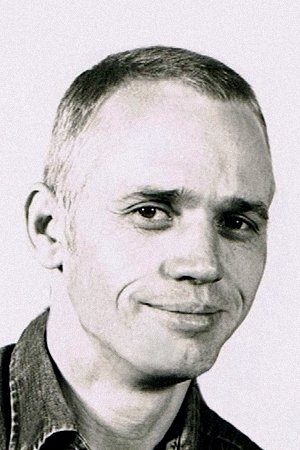
Aqueronte72
10
|
dic. 20, 2022
Only Rosa Luxemburg, who spent a year in jail, and Liebknecht, published in leaflets their repudiation of the credits to finance the war, had the calm temperament not to be cajoled by hollow patriotism and triumphalist pro-Germanic fanfare. Karl Kraus, without managing to publish his Die Fackel for months, published his essay "In dieser großen Zeit..." and in any case did not hesitate to make an intelligent comparison of poems by Gerhart Hauptmann, whom Kraus had admired since before the outbreak of the war, with jingoistic proclamations from the same author, ridiculing the way in which literature served propaganda purposes and the opportunism of an Era. There is no way not to burn with anger when seeing images like this: only a brainless person like the businessman and politician Gustav Von Krupp, upon learning of the death of Archduke Franz Ferdinand in Sarajevo, can open bottles of champagne in the middle of an artillery field while tasting the cannons and weapons - for which he was responsible under his steel industry - to "trade" and profit from the First Great War, as Karl Liebknecht denounced in the Reichtag in advance. "Not a single chop of blood from a German soldier shall be spilled for capiatlistic profit," Liebknecht harangued to no avail in the "Vorwarts" print media and on the streets. Unnerving portrait of the harassment of the opponents of the crowd, but also of the intimidation of the outcast's wife who dared to raise her voice: harassment, insults in public places and streets, and for every hundred detractors swarming and spitting and wanting to stab them with a bayonet, came a sigh of solidarity, like the musician Johanes Wendler expressing his admiration. Incredible, the public blindness, smiling soldiers as if in lines for the trenches recalling the enthusiastic boorishers of Ferdinand Céline's work, like the newlywed Hans Schreiner supporting the war, stepping redoubled in the jubilant euphoric parade, and believing the catchphrases with those who were deceived as cannon fodder: "we will return triumphantly before the autumn leaves fall", others, months later, even reading in the newspapers the bloody carnage and houses burned down with thousands of deaths. Schreiner's wife, watching the clock ticking, linked to the ticking of the second hand like a sinister clapper of a small and tortuous bell of the hours. The gods can be invoked to see the dead up close, among the relatives, and to feel that something outside the Earth desired or allowed it.
